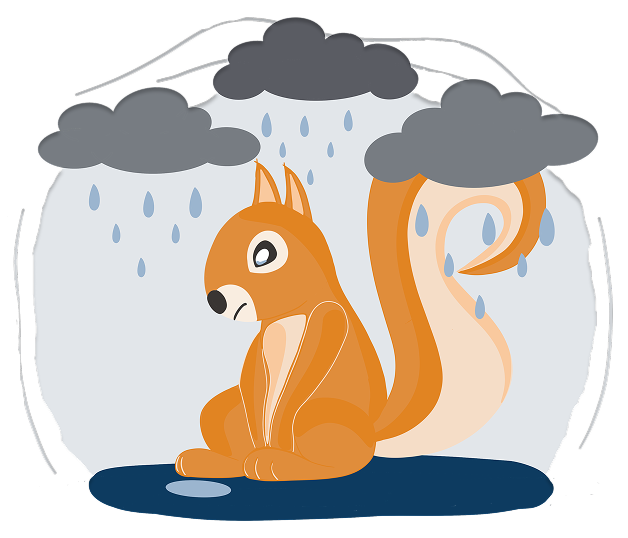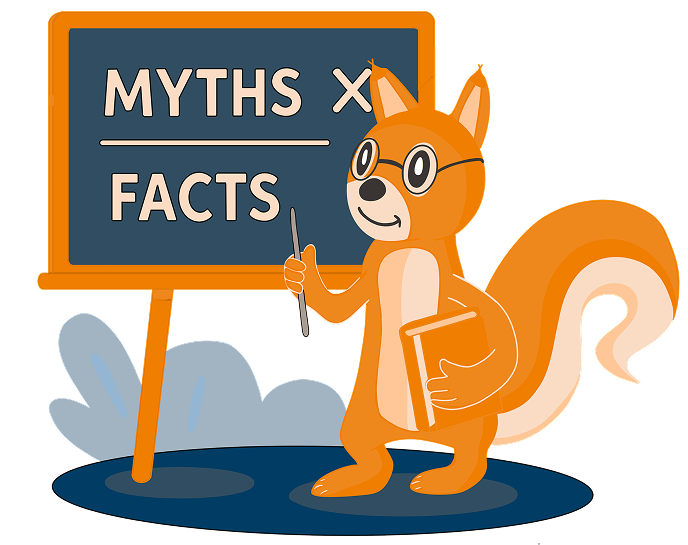
Your Cart
No items found.
Go to packagesProduct is not available in this quantity.
Depression is more than just feeling sad or having a rough day.
It's a common but serious mood disorder that affects how you feel, think, and move through daily activities. It can lead to a variety of emotional and physical problems, making even simple tasks feel overwhelming.
The good news? With appropriate treatment, individuals can manage symptoms effectively and lead fulfilling lives.


It's not a sign of weakness or something you can simply "snap out" of; it's a complex interplay of biological, psychological, and social factors.
Understanding depression as a legitimate health concern is the first step toward effective management and recovery.

Medication management - Prescribing antidepressants or other psychiatric medications tailored to your symptoms, history, and health needs.
Sleep, energy, and focus support - Addressing the physical toll of depression — like fatigue, appetite changes, or trouble concentrating — through medical treatment.
Monitoring progress - Working closely with you to evaluate how well medications are working, adjusting as needed for the best results.
Integrated care - Treating depression alongside related conditions such as anxiety, ADHD, or insomnia so that you can heal more fully.

That's totally fine. Our job is to help you figure out what works for you. Not everyone needs medication, and we'll spend time talking through all your options, no pressure, no judgment.
While some mild forms might improve over time, it's essential to seek professional help to ensure proper management and prevent potential worsening.
Absolutely. Studies have shown that telehealth sessions can be just as effective as in-person therapy for many individuals.
Recovery times vary, but many people start to notice improvements within a few weeks of consistent treatment.
Probably not. While a good cry can sometimes feel relieving, depression is more than sadness. The right care can lift the weight so you’re watching movies for fun again, not just for the tears.